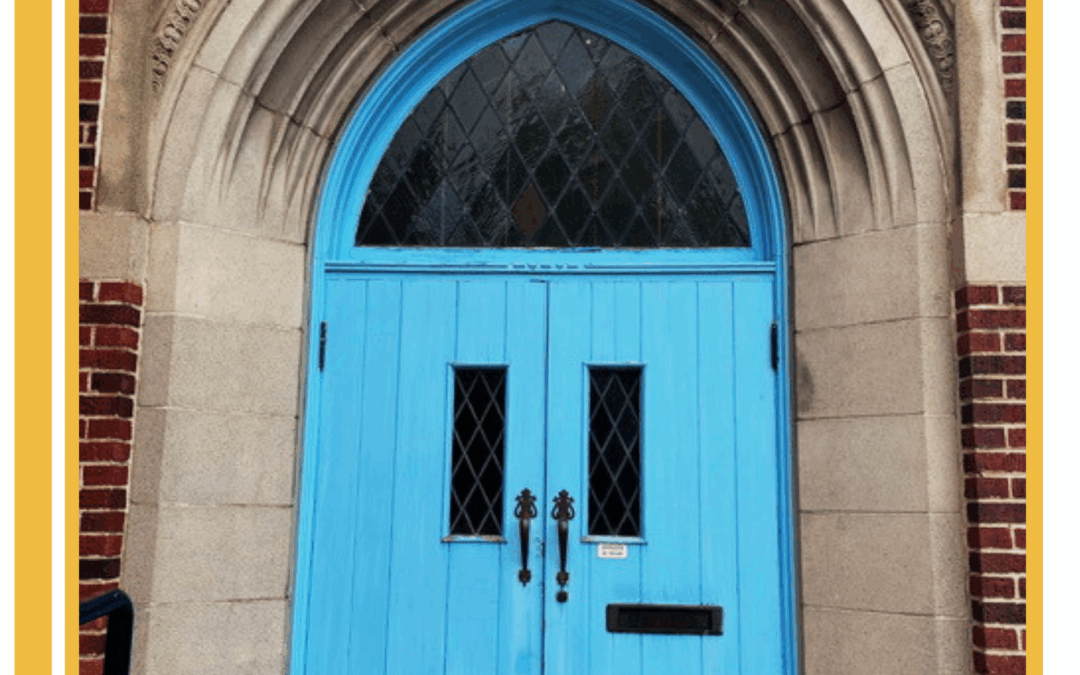When I think of power, my mind first goes to people who hold authority in government or organizations. Or to nuclear energy. Or maybe to people with amazing athletic ability. Or, theologically, to God’s ability to level mountains and calm storms.
Most of us can probably recall at least one Bible verse about God’s power—and most of them point to His ability to create or control. Psalm 33:6 says, “By the word of the Lord the heavens were made, their starry host by the breath of his mouth.” In Job 38–41, God describes His power in breathtaking detail, beginning with laying the foundations of the earth and continuing for four chapters. It’s overwhelming—and still doesn’t capture the fullness of God’s power. But when we only think of power in terms of dominating, creating, destroying, and controlling, we miss how God defines power.
Last Sunday Stephen preached from John 13, when Jesus kneels to wash His disciples’ feet. If we look at Luke 22, we see that during this same meal the disciples are arguing about which of them will be considered the greatest. Jesus responds, “For who is greater, he who sits at the table, or he who serves? Is it not he who sits at the table? Yet I am among you as the one who serves.” He rebukes their squabbling about greatness and models what power looks like to God. John 13:3–4 says, “Jesus knew that the Father had put all things under his power… so he got up from the meal, took off his outer clothing, and wrapped a towel around his waist.” Jesus, absolutely certain of His identity and His power, shows that power by serving.
I wonder what it was like around that table as Jesus washed their feet. Were they embarrassed into silence? Were there tears as they realized how ugly their posturing and jockeying for position was when faced with the love and grace of Jesus? Did they sit in awe of a God who serves; grateful that he loved them even in their failings?
Stephen invited us to consider that we each need our feet washed—we each need to be reminded of our need for grace—before we can extend grace to others. Over and over again, moment by moment, we become aware of the ways we miss the point, turn to God, and receive his ever-present love and grace, and then turn around and share that with others. My prayer is that we live as a community rooted in God’s grace and unstoppable love, and that receiving His grace would fuel the way we love and serve others.
So grateful for you all, and for grace,
Holly

